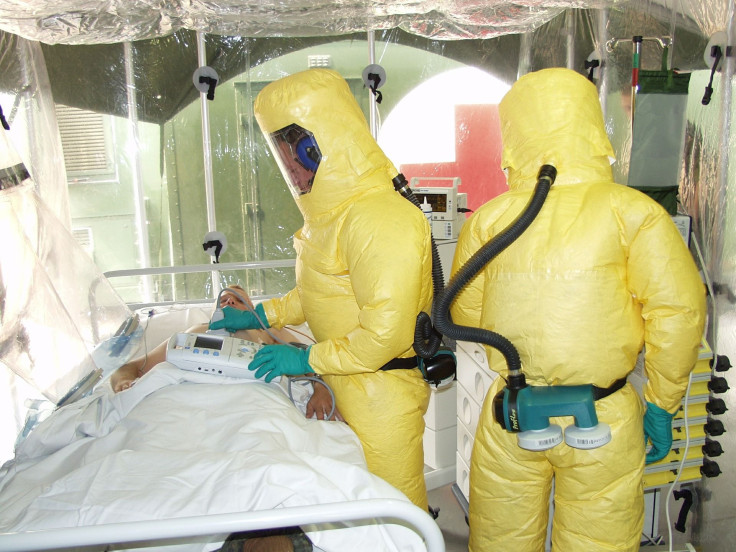Ebola Outbreak 2019: World Health Organization Declares A Global Health Emergency In Congo

The World Health Organization (WHO) announced Wednesday that an Ebola outbreak in the Democratic Republic of the Congo is a public health emergency of international concern.
The ongoing Ebola crisis in Congo has claimed the lives of more than 1,600 people since August, with an estimated 12 new cases being reported every day. There have been an estimated 2,512 cases confirmed in the country.
The Centers for Disease Control claims Congo has experienced 10 Ebola outbreaks since 1976. The crisis hit a dangerous new level this week when a case of the virus was found in Goma, a city with a population of 2 million.
"It's time for the world to take notice and redouble our efforts. We need to work in solidarity with the DRC to end this outbreak and build a better health system in the DRC," Dr. Tedros Adhanhom Ghebreyesus, the WHO director-general said.
There does exist a vaccine that is 99% effective against the disease, yet there is mistrust towards health workers in the country. Some people in the DRC do not even believe the virus exists.
The public health situation is complicated even further due to political instability and violent armed conflict in Congo.
The virus is typically spread through bodily fluids of another person, such as blood. A survivor could believe that he or she no longer has the virus, only for it to show up again years later.
Typical symptoms of the Ebola virus include vomiting, muscular pain, diarrhea and headaches.
Between 2013 and 2016 a major Ebola crisis broke out in West Africa, which was also declared a public health emergency of international concern.
The previous outbreak affected countries such as Sierra Leone, Liberia, Guinea and Nigeria. There have been a few cases in the U.S. and Western European countries because of travel to West Africa, which resulted in patients being medically isolated.
© Copyright IBTimes 2025. All rights reserved.





















